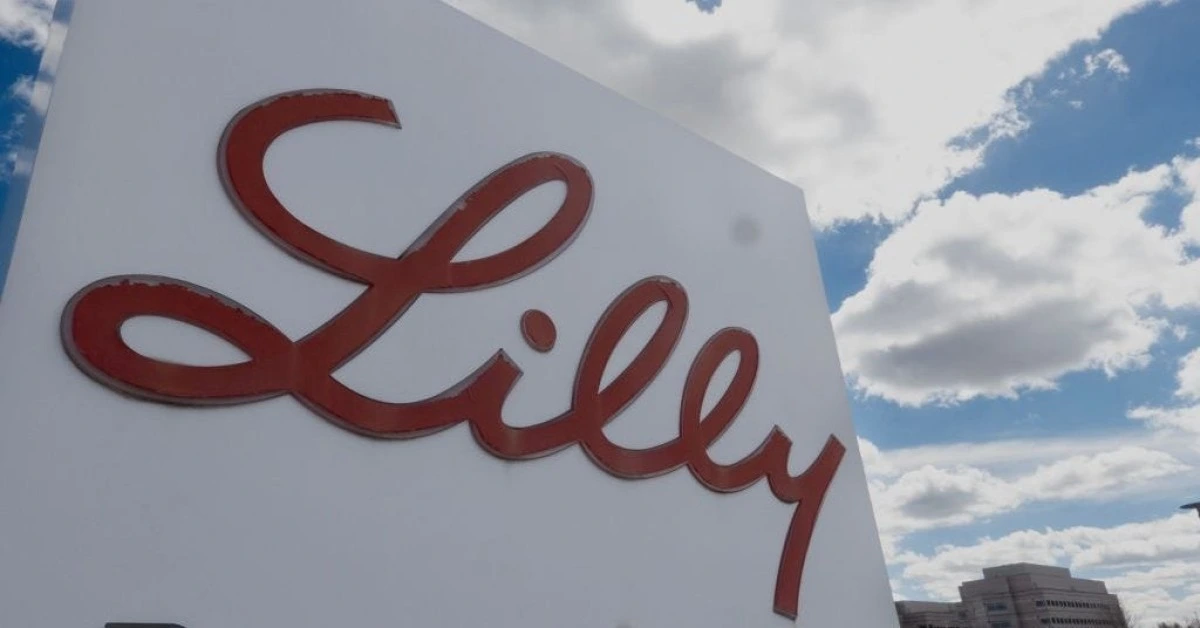
USA – Eli Lilly has entered into a licensing agreement worth up to US $415 million with UK-based biotech Alchemab Therapeutics for ATLX-1282.
The therapy is an experimental antibody treatment aimed at slowing the progression of amyotrophic lateral sclerosis (ALS) and potentially other neurodegenerative diseases.
The agreement includes an undisclosed upfront payment, milestone-based rewards tied to research and development progress, and tiered royalties on future product sales.
Under the deal, Alchemab will lead early clinical development of ATLX-1282 through Phase I trials.
Once initial safety and efficacy data are established, Lilly will take over the advanced clinical stages, manage regulatory approvals, and handle worldwide commercialization.
ATLX-1282 is the lead candidate from Alchemab’s cutting-edge discovery platform, which uses AI and machine learning to identify protective antibodies in people who carry high-risk genetic mutations but never develop symptoms.
The antibody was first identified in individuals with genetic links to frontotemporal dementia (FTD) who remained healthy into old age.
The company also studies immune responses in ALS patients with unusually slow disease progression, offering further insight into potential treatment targets.
“Our combined use of machine learning and lab-based science has allowed us to sort through millions of antibodies to pinpoint ATLX-1282,” said Jane Osbourn, CEO of Alchemab.
The platform relies on high-powered computing support, including facilities operated by Nvidia in Cambridge, to help accelerate discoveries.
This licensing deal builds on a research collaboration the two companies launched in January 2025, which focuses on developing up to five novel therapies for ALS.
The agreement comes amid a series of disappointing trial results in the ALS field. Earlier this year, AbbVie and Calico’s candidate fosigotifator failed in late-stage testing, and Denali Therapeutics also posted negative outcomes for its therapy DNL343.
Amylyx Pharmaceuticals even withdrew Relyvrio, an FDA-approved ALS drug, after confirmatory trials showed no real benefit.
ALS remains a difficult target for drug development due to its complex biology and poorly understood origins.
Despite these setbacks, major pharma companies continue to invest, driven by high unmet medical need and the growing market opportunity.
The ALS drug market in key global regions is expected to quadruple from US $318 million in 2019 to US $1.28 billion by 2029, according to GlobalData.
Lilly has been steadily expanding its footprint in ALS research, with previous deals including the US $1.04 billion acquisition of Prevail Therapeutics in 2020, a collaboration with Verge Genomics in 2021, and a US $45 million upfront investment in QurAlis’ early-stage ALS therapy in 2024.
Founded in 2019, Alchemab has raised over US $80 million in funding from top life science investors, including RA Capital, SV Health Investors, DCVC Bio, and the Dementia Discovery Fund.
XRP HEALTHCARE L.L.C | License Number: 2312867.01 | Dubai | © Copyright 2025 | All Rights Reserved